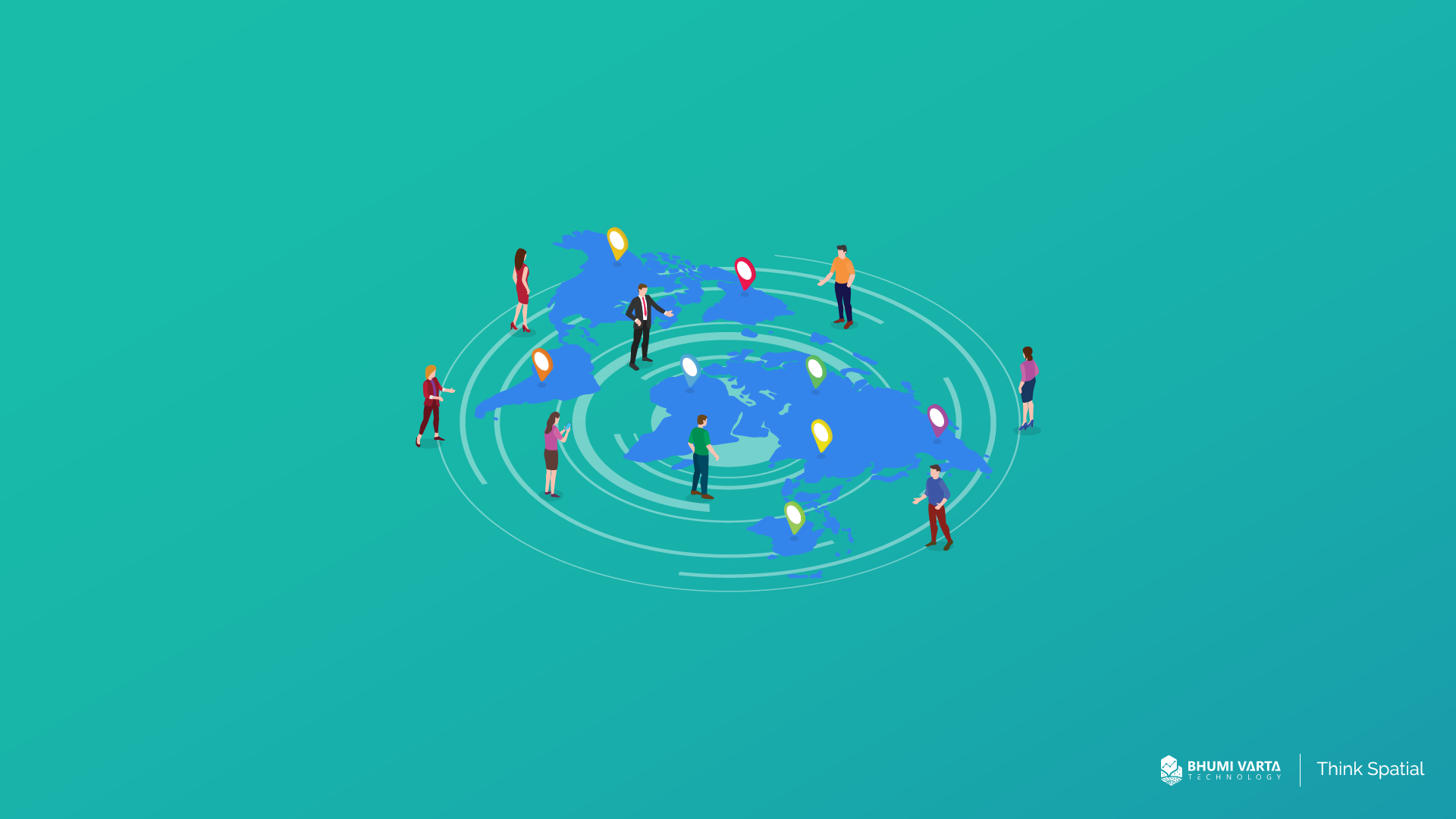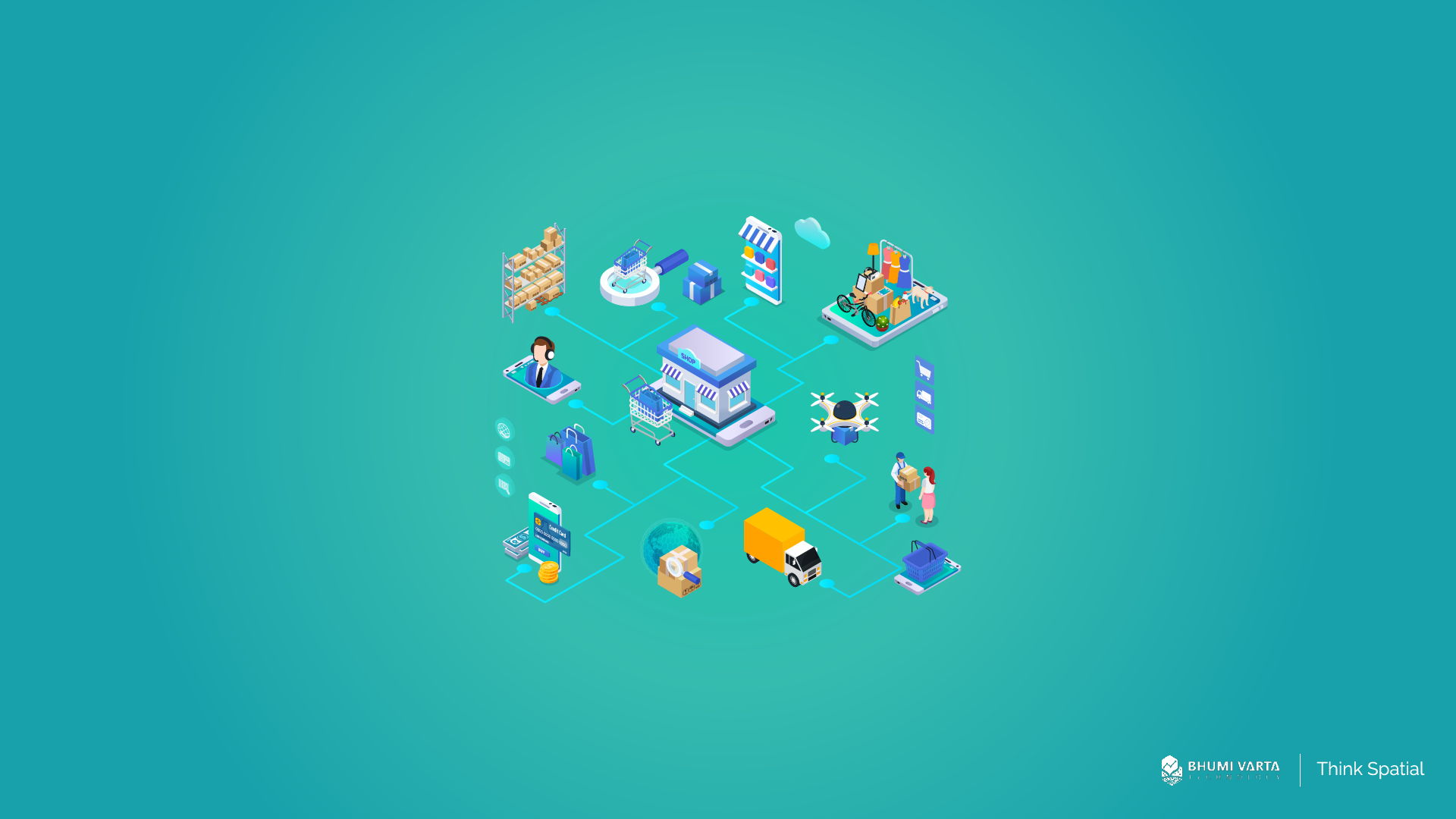The concept of geography includes not only studying countries, cities, and agriculture, but also the people who live there, the places, and the environment.
Geography seeks to connect social science or human geography with natural science, in order to gain useful insights for decision-making in business and other areas.
Contents
What is Geography?
According to National Geographic, geography is the study of places and the relationships between humans and their environments. Geographers study how humans interact with the environment and how location or place impacts humans. Geography itself tries to answer questions like where, why it’s there, and why we care about it. Another understanding of geography is as a spatial relationship between people, their activities, and the environment.
Objects on the Earth’s surface, such as mountains and waterways, can affect how people move, act, and think. Geography seeks to understand how the Earth’s landscape has shaped human history.
Types of Geography
Geography itself has three types: physical geography, human geography, environmental geography, and Geoinformation Science. Here is a complete explanation of each:
Physical geography
This branch of geography focuses on geography as the science of the Earth and the natural world around us. Geographers who study this branch will learn things such as:
- How our landscape was formed and changed over time.
- How rivers and glaciers change the environment around us.
- Why certain areas experience certain weather or seasons, for example, why European countries have 4 seasons while Southeast Asian countries only have 2 sesons.
Physical geography also studies natural phenomena on earth that contribute to the development of land. Specific information that geographic experts analyze includes soil, atmosphere, and oceans.
Physical geography can also be further divided into several disciplines, such as:
- Climatology
- Glaciology
- Meteorology
- Oceanography
- Hydrology
- Pedology
- Biogeography
- Ecology
Human geography
Human geography is the next type of geography that focuses on social sciences, such as how humans adapt to their environment and to other humans. Also known as anthropogeography, this branch of geography analyzes how humans shape the earth through their practices and way of life.
Human geography is divided into several branches, including:
- Political geography
- Health geography
- Economic geography
- Military geography
- Urban geography
- Population geography
- Cultural geography
Historical geography
Historical geography is a branch of geography that studies a specific place or area during a certain time or period in the past. One of the topics discussed in this branch of geography is the evolution of cultural and economic regions, changes in the relationship between humans and the environment over time, and others.
Geographers who focus on historical geography usually rely on archival records to examine places and landscapes in the past. Other methods include field observations or using tools such as Geographic Information Systems (GIS).
Geoinformation Science (GIScience)
Geoinformation Science (GIScience) is another type of geography that focuses on mapping. GIScience differs from GIS in that Geographic Information Systems answer “what” and “where”, while GIScience focuses on “how”. GIScience conceptualizes how to store spatial information, collect data, and analyze it. It also includes all aspects of GIS, such as remote sensing, mathematics, surveying, programming, and geography.
Meanwhile, the combination of geography and GIS approaches helps people understand the earth we live in and apply geographical knowledge to human activities
Why is Geography Important?
Geography helps humans understand the movement, changes, and systems of the planet. Other benefits include:
- Helping us understand the communities where we live
- Our environment and the problems they face, such as climate change
- The complexity and interdependence between humans and the physical environment
- The importance of location in decision making
- How the world is changing both locally and globally
- How individual or societal choices impact nature, and vice versa.
Geographic Approaches to Business
Geography can be used and utilized for various things, including for businesses. Here are some examples:
Geographic approaches to data collection
One geographic approach is geographic information systems (GIS), which can help businesses collect, store, analyze, and manage all types of geographic data. By using GIS, businesses can gain clear knowledge and insights into complex problems involving geographic components.
Ultimately, this data will help businesses make better decisions and allow them to discover new opportunities.
Geography Approach to Document Management
The geographical approach can also be used to facilitate document storage, for example, storing documents based on the location of a company, organization, or person. This type of storage is suitable for companies that have several subsidiaries or businesses located in different countries or locations.
Geography Approach to Analysis
Next, the geographical approach is used to analyze geographical data. Techniques such as Hypothesis testing, Probability, Inference, and Data Selection are often used for geographical analysis. The probability technique helps in making reasonable predictions when data is difficult to find. Furthermore, hypotheses allow businesses to make data comparisons and find differences between them.
Enhancing Analysis with Location-based Geographical Data
The use of geographical data is becoming increasingly important in analysis because it can provide a deeper understanding of a location and its surrounding environment. Geographical data such as population, gender, age, etc., can help enhance analysis in various fields such as marketing, logistics, urban planning, and so on.
LOKASI Intelligence is a big data and geospatial analytics platform equipped with demographic data. This platform allows users to see the population in an area, the majority of jobs in that area, and so on.
This data can be used by businesses to help find the best location and create targeted marketing strategies.
Learn more about how LOKASI Intelligence can help businesses by contacting email: [email protected] or WhatsApp: 087779077750.



